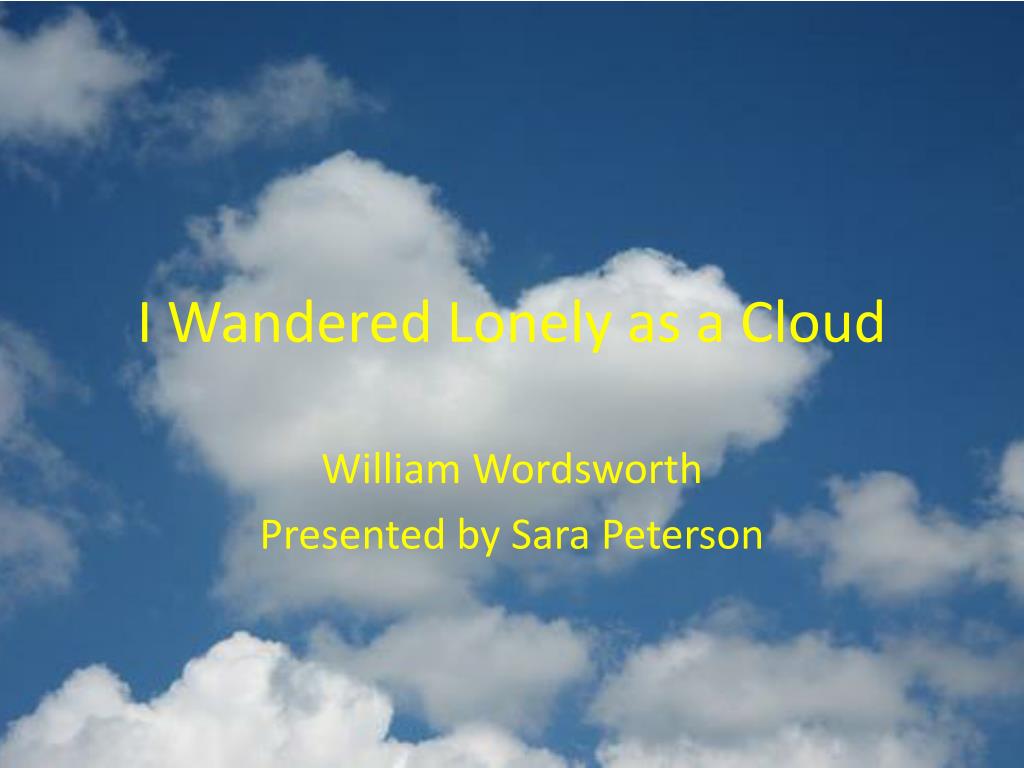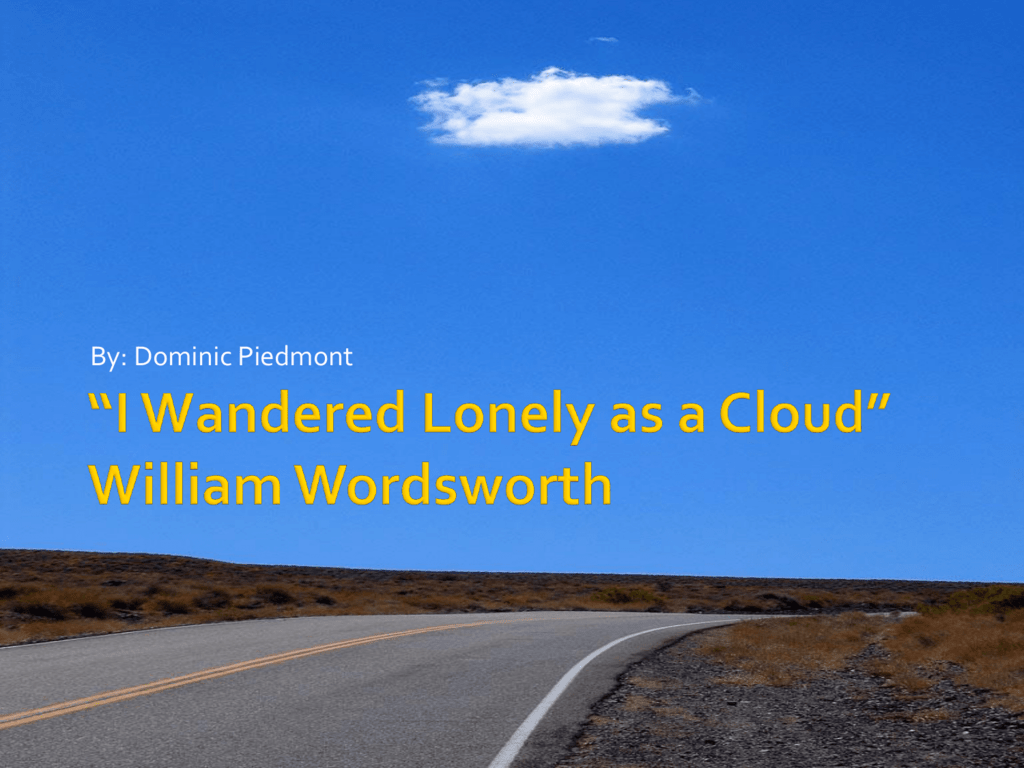

On the one hand, they drew attention to the plight of the less fortunate. Romantic writers responded to these challenges in two ways. Cities grew rapidly, but the smoke and soot from the factories often made urban life grim and grimy. Workers had few rights and worked long hours in difficult conditions. The Romantic period was also the era of the Industrial Revolution, and the revolutionary ideas about the rights of the individual often clashed with the demands of capitalism. At the same time, such a preference for passionate expression and pathos could itself become artificial and excessive, and, as we’ll see, Wordsworth was often accused of making too much of his emotions over a few daffodils.

Romantic writers put a premium on emotions that were natural, genuine, and sincere. They treasured spontaneity of expression and detested affectation and artificiality. The intense focus on the rights of the individual led to a greater emphasis on the value of personal subjectivity and feeling.
#WILLIAM WORDSWORTH I WANDERED LONELY AS A CLOUD FREE#
It was a rebellion against the king and the aristocracy, but it also represented an attack on the church, for one might equally want to be free from having to believe in a supreme God. This rallying cry called for the complete equality of all human beings, their shared humanity, and the right to be free from political and social oppression. The motto of the revolution was “Liberté, Egalité, Fraternité” (liberty, equality, brotherhood). For instance, we easily forget how radical the French Revolution truly was. It was of course also a development of ideas, but the revolutionary character of Romanticism cannot be ignored. Romanticism was a reaction against the rationalism of the Enlightenment. The Romantic period is preceded by the Enlightenment and followed by the Victorian Period. In English literature, the Romantic period is usually dated as lasting from 1789, the year of the French Revolution, to 1830 or 1832. In fact, we still feel the effects of Romanticism today. Romanticism was an artistic movement that spread across Europe in the late 18th century and lasted well into the 19th century. William Wordsworth (1770-1850) was a Romantic poet. So, as we continue our discussion of Wordsworth’s poem “I Wandered Lonely as a Cloud,” we situate the poem in its historical moment. It’s always a back and forth process, and the more we discover, the more we have to adjust our earlier perceptions. Our close reading will inevitably be informed by what we learn about the context. These are of course not entirely separate stages of reading and interpretation. Now it’s time to zoom out and provide some historical perspective. In the previous lesson we provided a close reading of the text.


 0 kommentar(er)
0 kommentar(er)
